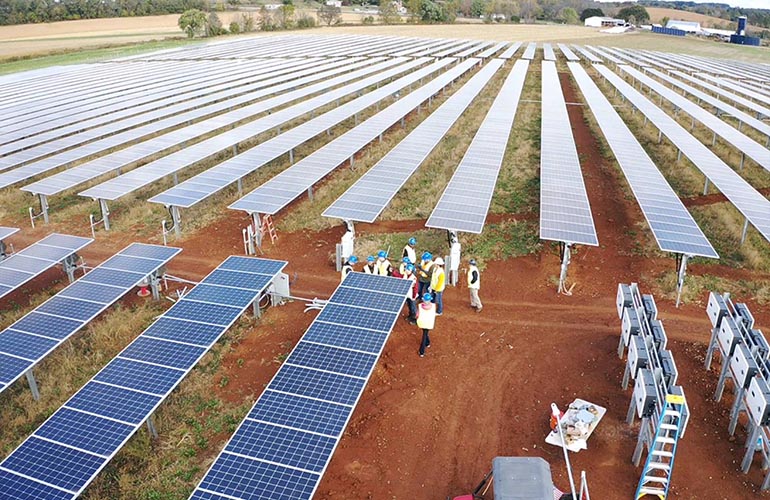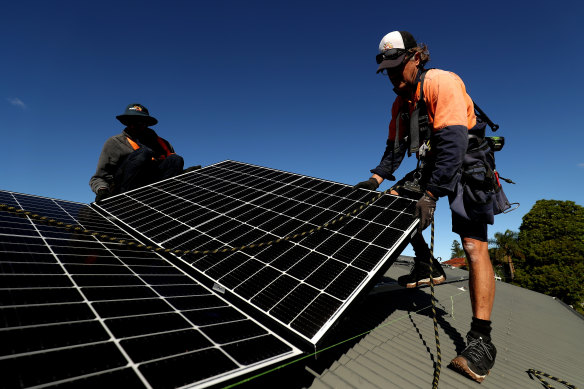
A rooftop solar panel can be a great way of reducing the amount you use. It's an efficient, green-friendly way to get electricity. Installing a solar system on your home could save you money in the end, but upfront costs can still be high.
You will need to pay an upfront cost depending on which type of solar panel and what your local electricity rates are. However, you can expect to pay between a few hundred and a few thousand dollars for an average rooftop solar panel system. There are three types of financing available: solar loans and solar leases. The financial situation of each individual will dictate the type of financing you choose.

An expert in solar panels can help you select the right kind of panel for your home. Experts can help you determine the type and location of your solar panel, how many panels to place, what size they should be, and where best to mount them. A qualified solar expert will also inspect your roof and verify that it can support chemical anchoring.
In the last 10 years, solar panels have seen a 70% drop in cost. You can also increase the home's worth by installing solar panels. But there are downsides to solar panels on your house.
One drawback to rooftop solar panels is the fact that they can make it difficult to sell your property. Many homes don't face to the south which means your solar panels aren't getting enough sunlight. They will therefore not produce as much electricity as they should. The amount of electricity you will need to use for heating and cooling your home may be higher.
A rooftop solar panel can also help reduce the amount of pollutants your home emits. A solar panel produces clean energy, so it will reduce your home's carbon footprint. A solar panel can also be installed in your home to provide other benefits. You can save money on your energy bills. You should also consider hidden costs when calculating your payback time for rooftop solar panels.

Protect your rooftop solar panels from the elements by installing them. There are several options for protecting the panels, including a solar mounting stand, which holds the solar panels at a specific angle. The galvanized iron used for this stand is common. It is important to make sure that your solar panels are securely attached to your roof. Wind can cause them to drift away from your home.